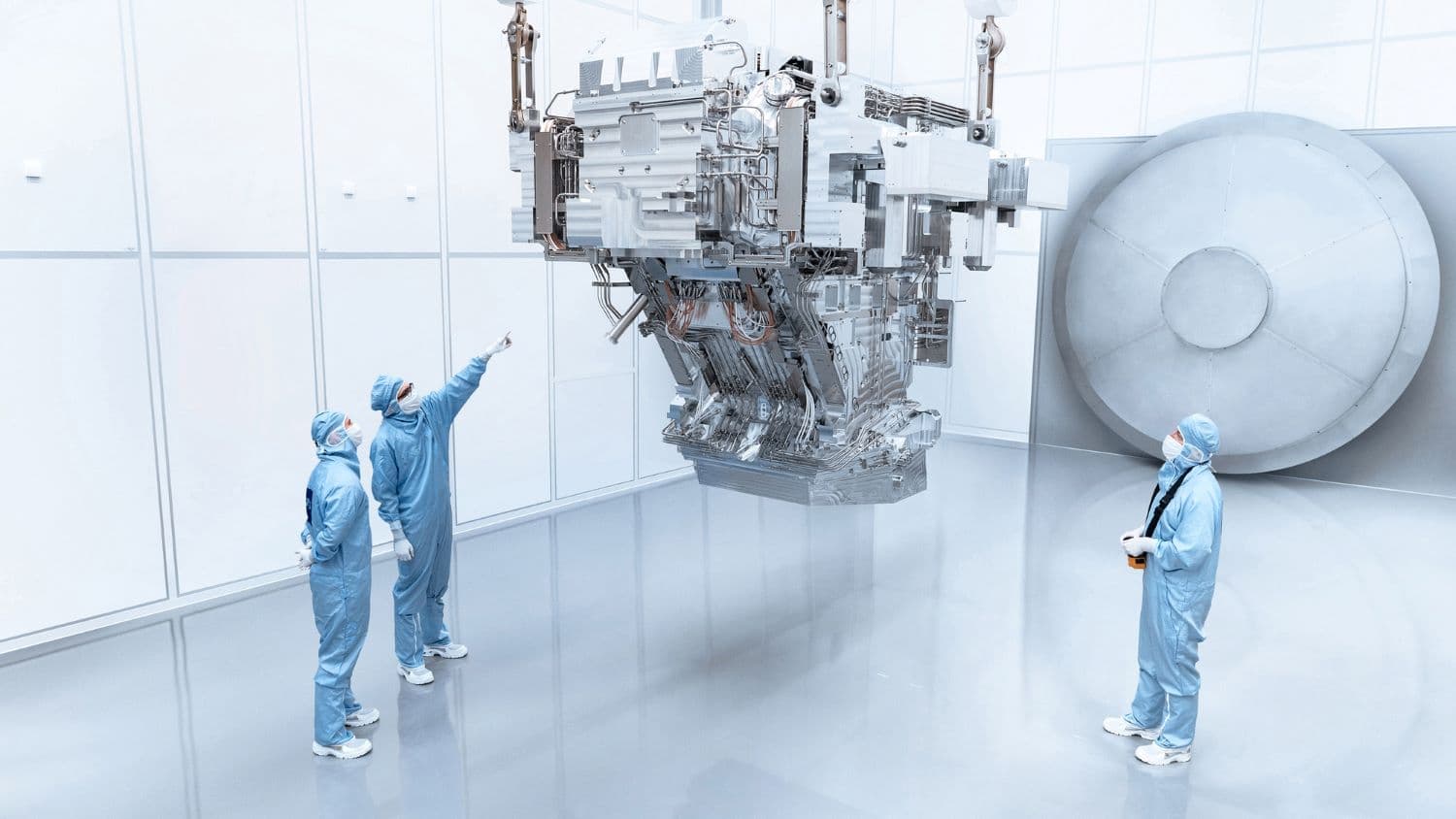
Smart Diapers
Realizing smart diapers for the elderly that generate an alert when changing is required.
According to the World Health Organization, adult incontinence impacts 5-7% of the population, which corresponds to around 80 million people in the EU and 350-500 million worldwide. The ageing population is growing more rapidly than the general population, and this growth will lead to an increased pressure on incontinence care. A pressure that will impact the costs for the incontinence care, but also the quality of life of incontinent people and the demands from family and quality auditors.
There are already some simple solutions that flag when the diaper is wet, but these require physical inspection and only provide rough quantitative data. More advanced solutions give alerts in case of leakages – good to initiate cleaning and diaper change, but often these alerts come too late to really help the patients.
Recent solutions are ready to provide more meaningful alerts based on the saturation level of the diaper or – in the best case – the volume of urine presence in the diaper. But even those do not lead to alerts that are robust and meaningful enough to allow a high comfort of application and wearing. On top, our expectation is that these newer systems come at a cost that is too high to be viable for daily use.
The objective of the Smart Diapers project was to develop and implement a new technological approach to realize diapers that tackle the most important shortcomings we identified in current systems on the market. To do so, we targeted a two-component system. One component is a reusable electronic module that collects, processes, and transfers data wirelessly. The second is a disposable and printed sensor integrated into the diaper. The scope of this project was on the hardware realization of the diaper, not on the cloud infrastructure around the diaper. To start with, we made an overview of potential barrier and facilitators for smart diaper implementation by gathering in-depth feedback from both patients and healthcare professionals.
The outcomes
1. Realization of a full smart diaper system
We have realized a full smart diaper system including a printed sensor in the diaper, an external flexible strip that communicates with the sensor, and a detachable, reusable processing unit that communicates the signals to the caregivers.
The consortium has chosen for a solution where the reusable electronics are fixed to the diaper at a position that is well supported. The included accelerometer translates the real position of the user, which may be used in the algorithm for leakage risk prediction.
The flexible and cost-effective strip has been made detachable from the reusable (and more expensive) sensor to allow fast replacement of the strip, which is more prone to malfunction. This is to avoid frequent and expensive sensor changes which would be necessary when the sensor and the strip would form one component.
2. Industry-ready process
All of the above has been done in an industrial way, which means that processes to industrially produce these smart diapers are available and are cost-effective. The sensor films where produced using Henkel inks and realized using rotary printing at Vitrapack. These films were introduced in the diaper production process at Drylock. The external hardware was made at Connect Group.
3. Clinical trials
We have performed two clinical trials in an elderly care environment where we monitored multiple patients for 10 days to capture data to feed to our algorithms. The data allow to monitor the evolution of moisture in the diaper and generate meaningful alerts when changing is needed. To finetune the alerts and make them still more reliable, more user trials will be needed.
In the trials, we have observed a few interesting occasions of stool release and presence resulting in a different signal response, notably when the capacitator space between the printed film sensor and the external strip was reduced. Reliably identifying these signals and linking them to the presence of stool, would be a major advantage and a unique integrated feature.
Video
Project information
Realizing smart diapers for the elderly that generate an alert when changing is required.
Smart diapers is an imec.icon research project funded by imec and Agentschap Innoveren & Ondernemen.
It started on 01.11.2019 and is set to run until 31.10.2021.
Industry
- Henkel Belgium
- Drylock Technologies
- Connect Group
- Vitra
Research
- imec – IDLab IBCN – UGent
- imec – CMST
- UGent- SKINT
Contact
- Project lead: Tom Derycke
- Research lead: Frederick Bossuyt
- Proposal Manager: Frederick Bossuyt
- Innovation manager: Annelies Vandamme













